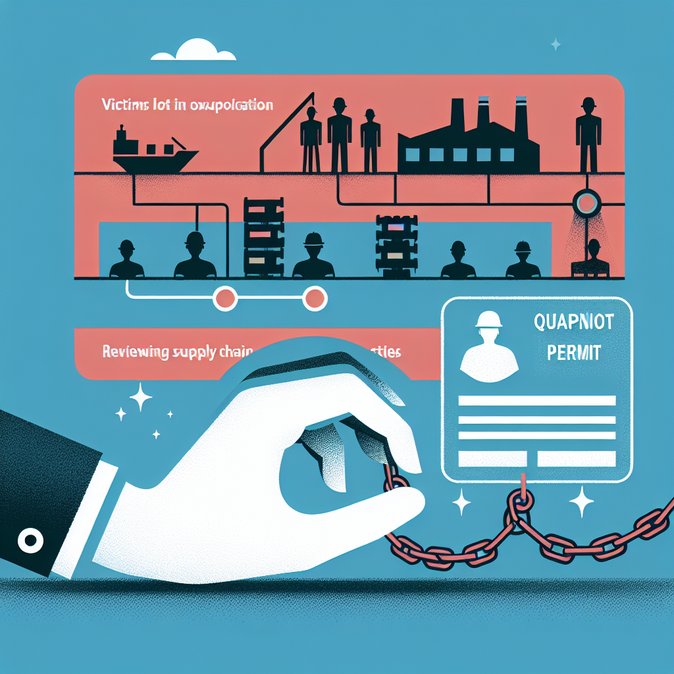
In its cabinet meeting of 20 November 2025, the Italian government adopted the long-awaited Decreto Flussi decree, introducing an entirely new residence-permit category designed to shield victims of labour exploitation in agriculture and other low-wage sectors. Under the measure, third-country nationals who denounce so-called caporalato recruiters—illegal gang-masters who supply undocumented labour—will be entitled to a special six-month residence permit that can be renewed for a further year and extended again if judicial investigations require their cooperation.
Labour Minister Marina Calderone explained that the permit confers full access to social services, the national health system and the open labour market, making it easier for victims to exit the shadow economy and take up regular employment. Beneficiaries will also receive an ‘inclusion allowance’—a modest income support that follows the government’s recent overhaul of Italy’s social-safety-net architecture.
![Italy’s New ‘Caporalato’ Residence Permit: Government Approves Six-Month Visa to Protect Exploited Migrant Workers]()
The new status is quota-exempt, meaning it sits outside the 497,550 work-permit ceilings already fixed for 2026-2028. Employers who facilitated or tolerated exploitation risk criminal prosecution and administrative blacklisting from future Flussi applications. The decree also instructs prefectures to prioritise workplace inspections in agriculture, construction and logistics—sectors most exposed to caporalato practices—and to fast-track permits where workers’ testimonies are deemed crucial for criminal trials.
For multinational companies running Italian sites, the measure offers an additional compliance lever: any link to illegal recruiters could jeopardise their ability to hire non-EU staff in the next ‘click-day’ rounds. Mobility managers should therefore review supply-chain due-diligence processes and ensure labour agencies are properly licensed. Legal advisers note that foreign subsidiaries can now proactively sponsor exploited workers who cooperate with authorities, turning a reputational risk into an opportunity to regularise their workforce while supporting investigations.
Labour Minister Marina Calderone explained that the permit confers full access to social services, the national health system and the open labour market, making it easier for victims to exit the shadow economy and take up regular employment. Beneficiaries will also receive an ‘inclusion allowance’—a modest income support that follows the government’s recent overhaul of Italy’s social-safety-net architecture.

The new status is quota-exempt, meaning it sits outside the 497,550 work-permit ceilings already fixed for 2026-2028. Employers who facilitated or tolerated exploitation risk criminal prosecution and administrative blacklisting from future Flussi applications. The decree also instructs prefectures to prioritise workplace inspections in agriculture, construction and logistics—sectors most exposed to caporalato practices—and to fast-track permits where workers’ testimonies are deemed crucial for criminal trials.
For multinational companies running Italian sites, the measure offers an additional compliance lever: any link to illegal recruiters could jeopardise their ability to hire non-EU staff in the next ‘click-day’ rounds. Mobility managers should therefore review supply-chain due-diligence processes and ensure labour agencies are properly licensed. Legal advisers note that foreign subsidiaries can now proactively sponsor exploited workers who cooperate with authorities, turning a reputational risk into an opportunity to regularise their workforce while supporting investigations.


